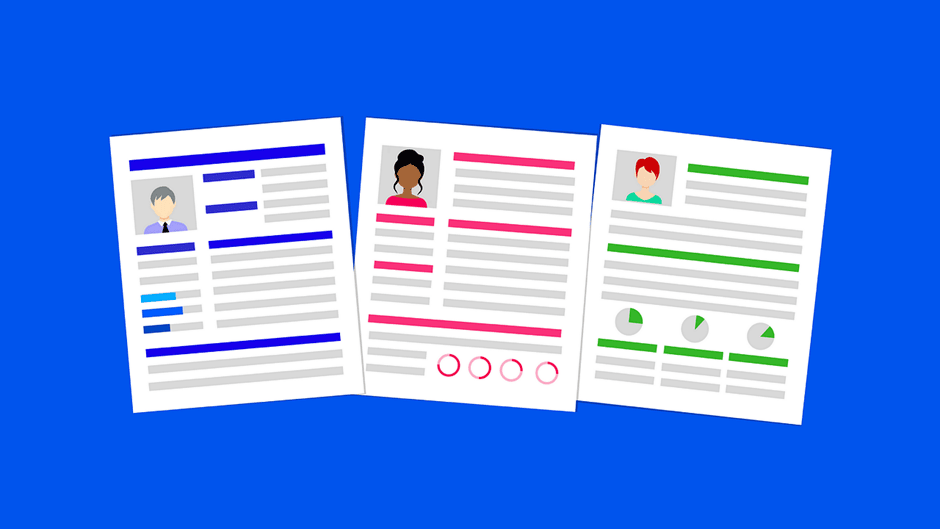Including your expertise in different programming languages on your resume might seem easy to most people. This is because they think they can include them anywhere and everything will be okay.
However, that is not the case. Hiring managers understand that job seekers can simply add programming languages to their resumes. They will want proof that you not only understand the programming languages but can also create a working application using them.
Fortunately, you do not have to worry about this anymore if you are wondering where to include your programming languages. This guide discusses the best ways and places for you to do that and impress hiring managers.
Why Should You Include Your Programming Skills on Your Resume?
One of the most important reasons for including your programming skills on your resume is that they show how skilled you are in your field. Programming skills are not soft skills, such as communication skills that almost everyone has.
Including them helps show how your qualifications are relevant to the job you are applying for. However, ensure that you have learned the right programming languages. They play a role in helping hiring managers decide whether you are the best fit for their organization or not.
It is important to note that how you add these languages can also be a decisive factor when hiring managers are making their choices. Let us discuss different ways you can include your expertise in programming languages on your resume.
1. Use a Resume Template With Space for Your Skills
Writing a resume that sells your expertise to hiring managers is not a walk in the park. You might spend a lot of time preparing a resume but then fail to get one that stands out. In addition, we are not all good at writing resumes.
Fortunately, you should not worry about this because you can get many customizable resume builder templates that stand out. You choose from different templates and pick one that meets your requirements.
These templates are customizable, meaning that you can change anything you want easily. Getting one with space for your skills means you can edit the skills section to add your programming languages. Such a resume will sell your expertise easily.
2. Include Programming Languages on Your Resume Profile
The profile you add to your resume is one of the first things hiring managers see when going through the resume. It is among the first sections on your resume. This means you can include your expertise in different programming languages in this section.
If you have a lot of job experience and expertise in different programming languages, you can include them at the top of your resume summary. However, if you are just starting your career, you can add the few programming languages you know to your objectives.
There are different ways to include these programming languages in either the summary or the objective section. You can add all of them in a single line or use bullet points. Ensure that you have used the correct format to make your resume stand out.
3. Create an Independent Skills Section
As you can see, you have different sections on your resume where you can include your expertise in different programming languages on your resume. One of the most common sections is the skills section.
There are two different ways you can utilize the skills section. If you are an expert in a couple of programming languages, you can list each one of them on its own line. This means one programming language after another.
If you are an expert in many programming languages, you cannot list each one on its own line. This would make your resume very long or crowded. Instead, list all of them on the same line, one after the other. Remember that the skills section is made for all the skills you have, including soft and hard skills.
Ensure that the list is not too long. You can change this section depending on the job you are applying for. Provide the hiring managers with the skills they are looking for, instead of including skills that are not relevant to the job you are applying for.
4. Include Programming Languages in the Education Section
Including your expertise in different programming languages in the education section might not sound good to most people. However, it is also a great place for you to talk about your expertise in programming languages.
If you decide to use this approach, ensure that recruiters can see where you learned a certain programming language. For instance, if you went to ABC University, mention the programming languages you learned at the university.
5. Include Programming Languages in the Work Experience Section
You can also include your expertise in different programming languages in the work experience section. However, this should be done only by those who have had a programming job before.
In addition, they must have used the programming languages they want to list in that job. The first thing is to list the job experience by adding the employer, your role, and the dates you worked for the employer.
Under the job, go ahead and list your responsibilities. When talking about responsibilities, you can mention the different programming languages you used when working for this particular employer. You can also talk about the different projects you handled.
Which Section Should You Consider?
Different sections might appeal to different jobs. Depending on your preferences and the job you are applying for, one of the sections discussed above should work for you. A clean and easy-to-understand resume will impress hiring managers and give you an edge over other candidates.








